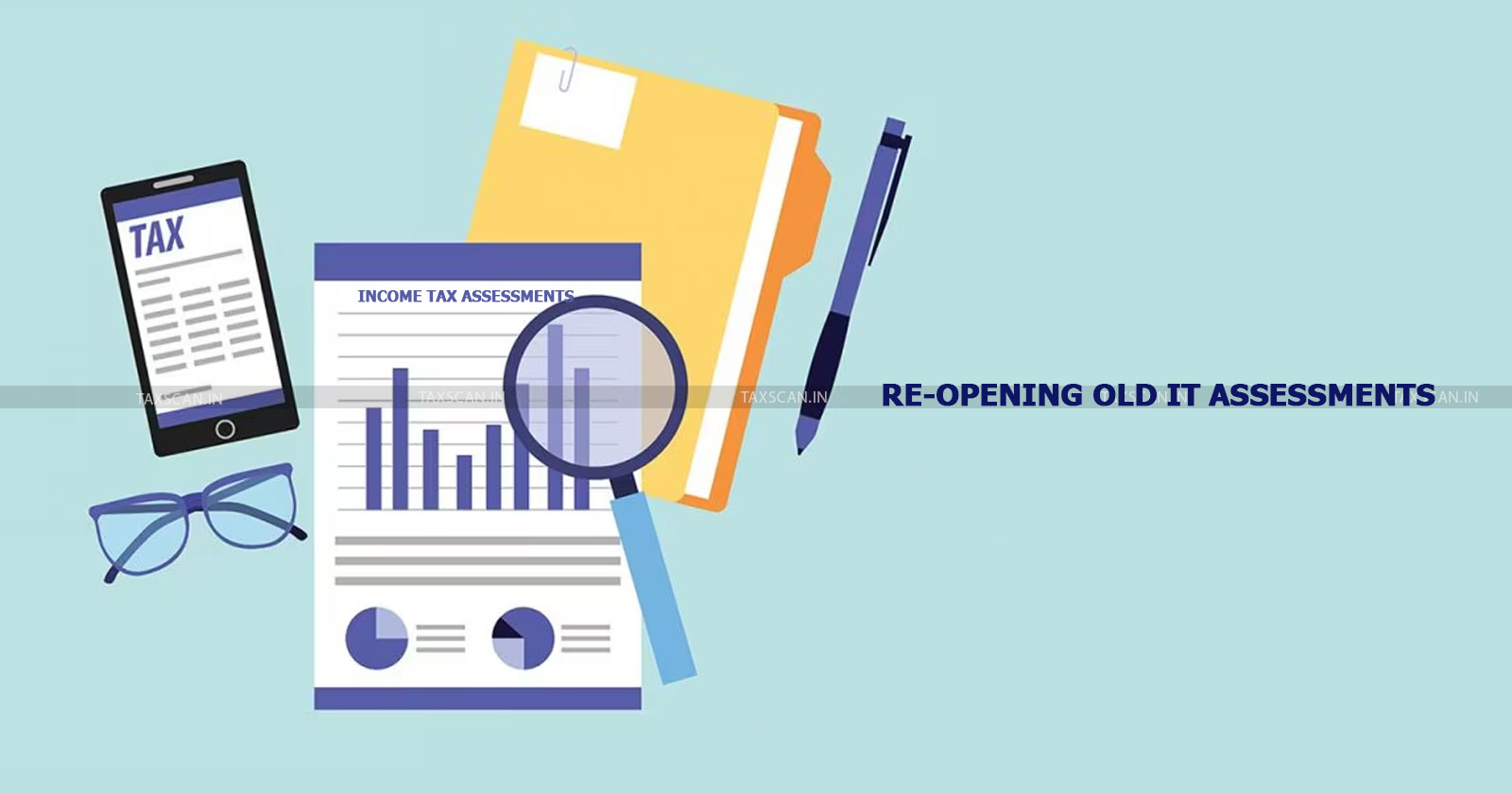Income Tax, GST Depts Join Forces: Reopening Old I-T Assessments Over GST Invoice Mismatches and Fake ITC Claims
Income Tax and GST departments have teamed up to reopen old cases and crack down on fake invoices and bogus ITC claims

The Income Tax Department has started looking into old tax assessment cases again to catch people and companies who tried to evade taxes by showing fake or inflated business expenses. This is especially happening in industries like trading, electronics, and construction, where some businesses are suspected of using fake purchase bills and claiming false GST input tax credits (ITC).
According to The Business Standards Report, cases from as far back as five years are being reopened, especially where the department has found strong proof of tax evasion. Many companies reportedly used fake suppliers called "entry operators" who don’t actually exist, to show purchases that never happened, and reduce their taxable income.
Know the complete aspects of tax implications of succession, Click here
Read More: [BREAKING] Table 3.2 in GSTR-3B to be System-Locked Starting April 2025: GSTN Advisory
The action is being taken after the GST department shared new evidence, which led to the reopening of some old income tax cases that were earlier passed without any objections.
The Income Tax Department is using Sections 147 and 148 of the Income Tax Act to reopen these cases:
- Normally, cases can be reopened up to 3 years old.
- If the amount of hidden income is more than ₹50 lakh and involves assets or large expenses, cases can be reopened up to 5 years later.
Step by Step Handbook for Filing GST Appeals, Click Here
The department is also using data analysis and comparing GST returns with income tax returns to find mismatches. If a business can’t prove its purchases with proper documents like e-way bills, delivery notes, or transport records, the expense may be treated as fake, and the company may have to pay extra tax and penalties.
Read More: Income Tax Dept Cracks Down on Tenants for Not Deducting TDS on High-Value Rent Payments
The department is also focusing on individual taxpayers who have claimed House Rent Allowance (HRA) exemptions without complying with Tax Deducted at Source (TDS) obligations. Taxpayers paying monthly rent exceeding Rs. 50,000 are required to deduct 2% TDS under Section 194-IB of the Income Tax Act. Failure to do so has led to the issuance of notices, with the department utilizing data analytics and cross-verification between GST and income tax filings to identify discrepancies. Non-compliance may result in penalties and interest charges.
Support our journalism by subscribing to Taxscan premium. Follow us on Telegram for quick updates


